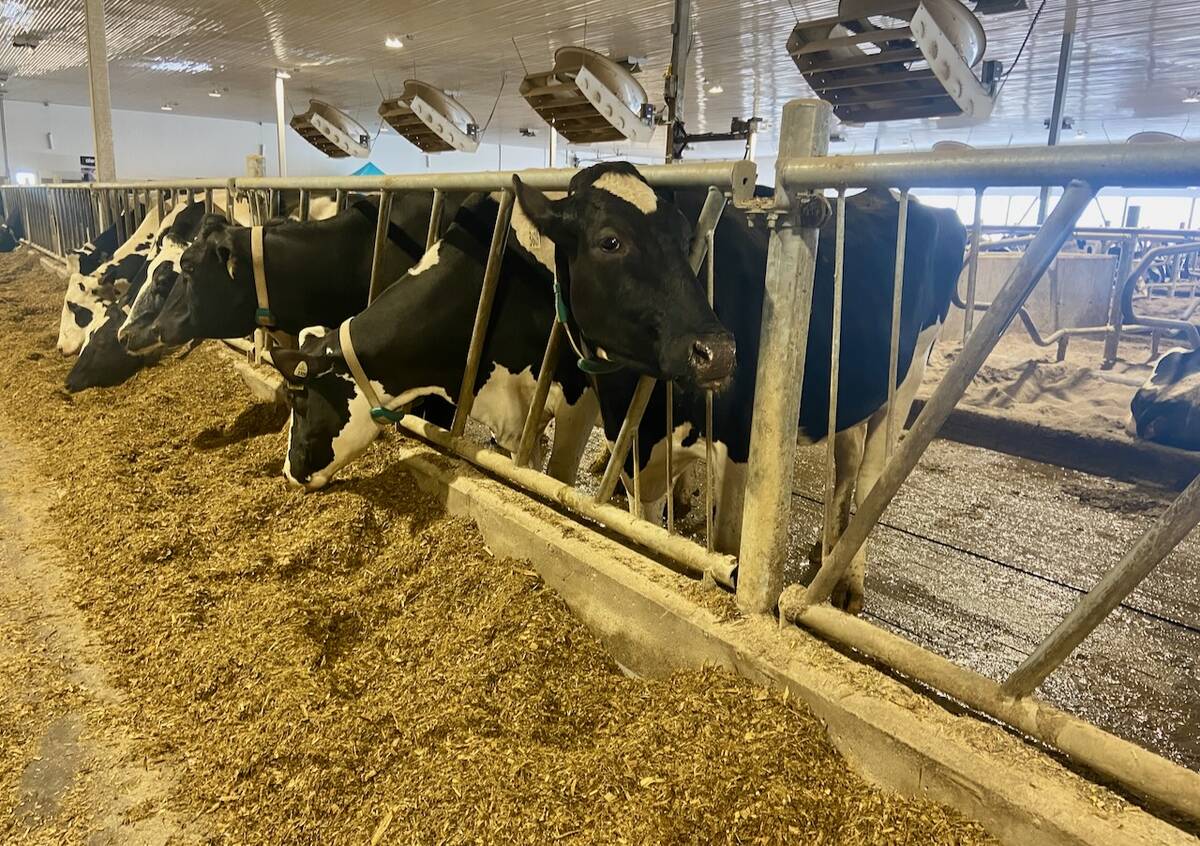Much of Saskatchewan’s grain belt will see little runoff this spring, but reservoirs should fill enough to allow one spring irrigation.
“Fortunately, the position is that we are in fairly good shape on lakes and reservoirs because of the high runoff of 1997,” said Alex Banga of Sask Water, the crown corporation that manages Saskatchewan’s water resources.
The situation is different in the extreme southeast and northeast corners of the province where limited flooding of agricultural land could happen.
Sask Water says the late February storm that dropped 30-60 centimetres of snow in the southeast has set up a situation where the Pipestone and Gainsborough Creek and Antler River basins could flood.
Read Also

U.S. farm group supports supply management
U.S. grassroots farm advocacy group pushing new agriculture legislation that would move towards supply management like Canada has for dairy industry
Major flooding is not expected on the Souris River, Moose Mountain Creek or Long Creek. The Rafferty and Alameda reservoirs will be able to store inflows during the peak run-off period.
Runoff is expected to be well below normal in the Wascana and Moose Jaw River basins.
With a reduced snowpack in the Rocky Mountains, flows on the North and South Saskatchewan Rivers are expected to be down
“Lake Diefenbaker is projected not to refill this year. The snowpack in the Rockies is only 60-80 percent of the normal range and there is virtually no snow cover in southern Alberta right up to the foothills,” Banga said.
The lower lake level will not limit water for irrigation, but will probably increase the cost of operating irrigation pumps, he added.
South Saskatchewan stream flow will be limited to about 75 cubic metres per second compared to 120-150 cubic metres per second in normal years, Banga said.
Low runoff in the Qu’Appelle River Basin prompted Sask Water to close control structures to raise levels on Last Mountain, Pasqua and Echo lakes.
Smaller reservoirs in the southwest are full now, but with no heavy flows this spring they will be able to deliver enough water for only one irrigation.















